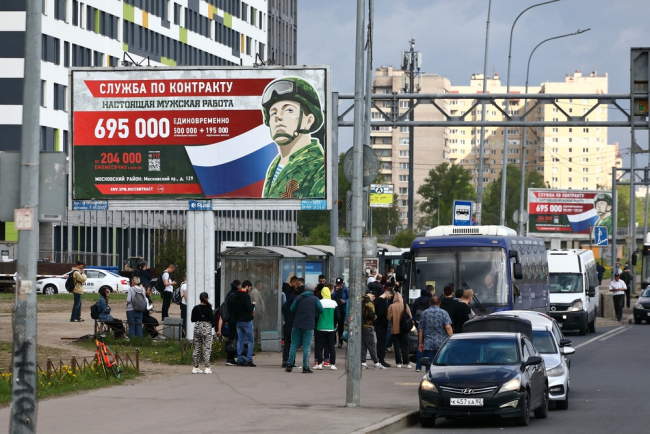Israel's Immigrant Parties: An Inefficient Russia Lobby

Since 2009 the influence of immigrant party Israel Beiteinu on foreign and security policy in Israel has grown. The party won 15 seats in the 2009 parliamentary elections and its leader, Avigdor Lieberman, became the Minister of Foreign Affairs.
. Politicians with Russian origins have a certain impact on the security and foreign policy agenda but their influence is limited and their immigrant origin constitutes an obstacle. They are more successful in pressing forward domestic policies related to their constituency than pushing Russia as a priority for Israeli diplomacy. The Kremlin partially supports the initiatives of Israeli immigrant politicians, but Moscow realizes the limits of their influence. The foreign policy of Israel is only marginally shaped by Lieberman and immigrant politicians and remains highly dependent on the agenda advanced by Prime Minister Benjamin Netanyahu under the influence of the US.
Dr. Olena Bagno is a Neubauer Fellow at the Institute for National Security Studies (INSS), Tel-Aviv, and a prospective postdoctoral fellow at Stanford University (2011). She writes on Russian foreign policy in the Middle East, and on issues related to international migration and political integration of minorities.
Ambassador Zvi Magen is a Research Fellow at the Institute for National Security Studies (INSS), Tel-Aviv, where he writes on Russia's foreign policy in the Middle East. Prior to joining INSS, he served in Israel's Foreign Service, notably as Israel's Ambassador to Ukraine and to Russia.
Russie.Nei.Visions is an electronic collection of policy papers published in French, English and Russian by the Russia/NIS Center, Ifri.
Download the full analysis
This page contains only a summary of our work. If you would like to have access to all the information from our research on the subject, you can download the full version in PDF format.
Israel's Immigrant Parties: An Inefficient Russia Lobby
Related centers and programs
Discover our other research centers and programsFind out more
Discover all our analysesWar as Social Elevator: The Socioeconomic Impact of Russian Military Keynesianism
In order to finance its war effort, the Russian state has spent substantial sums of money and implemented a form of “military Keynesianism” that is transforming society at both the socioeconomic and cultural levels. This has partially rebalanced the wide disparities in wealth, levels of consumption, and social prestige in Russian society by granting significant financial and symbolic advantages to peripheral Russia, which has long been overlooked by the central government.
The Contradictory Impacts of Western Sanctions on Economic Relations between Russia and Sub-Saharan Africa
How does Russia maintain economic ties with Africa despite Western sanctions? An analysis of investments, trade, and the circumvention strategies deployed by Moscow.
The Caspian Sea as an Emerging Energy Hub : Potentials and Limitations
This report analyzes the prospects of the Caspian Sea region — and its key actors except for Russia and Iran — becoming an important energy hub serving the needs of the European Union (EU).
The European Union's Strategic Test in Georgia
The political crisis brewing in Georgia is of an existential nature for the country. What is at stake is Georgia's future as a democratic and sovereign European nation (EU).










